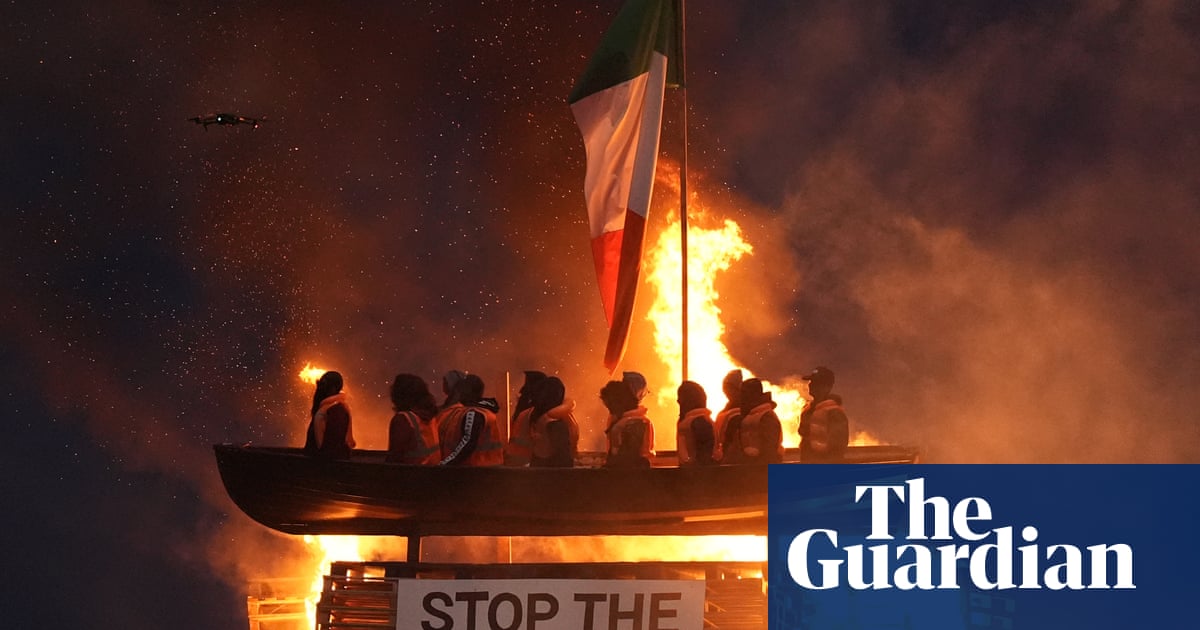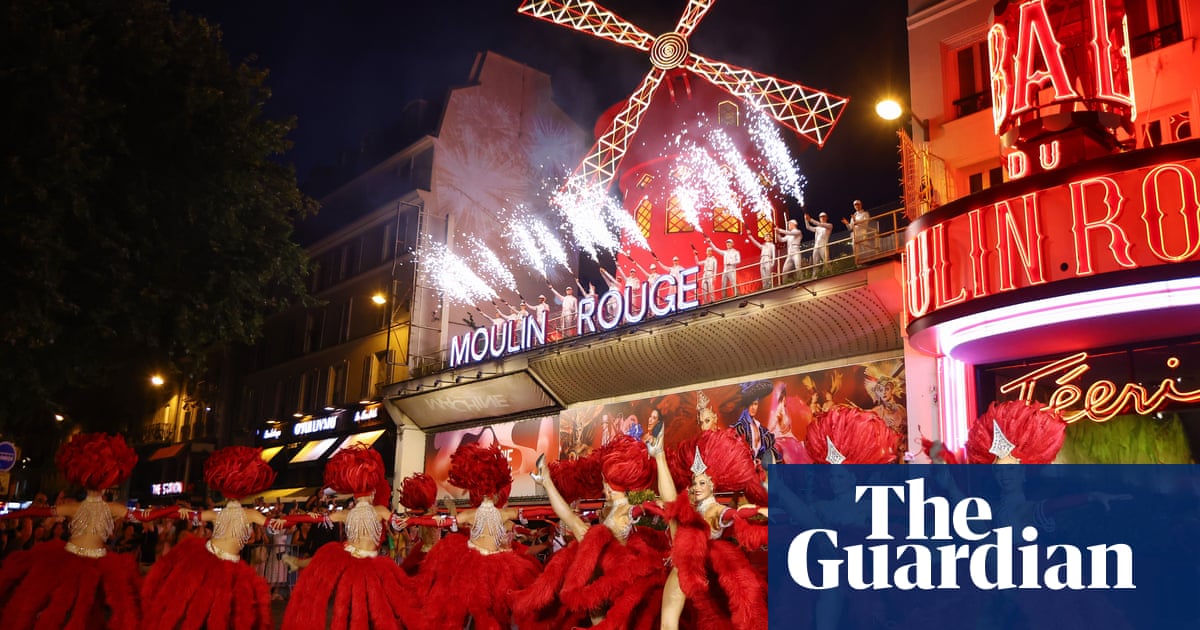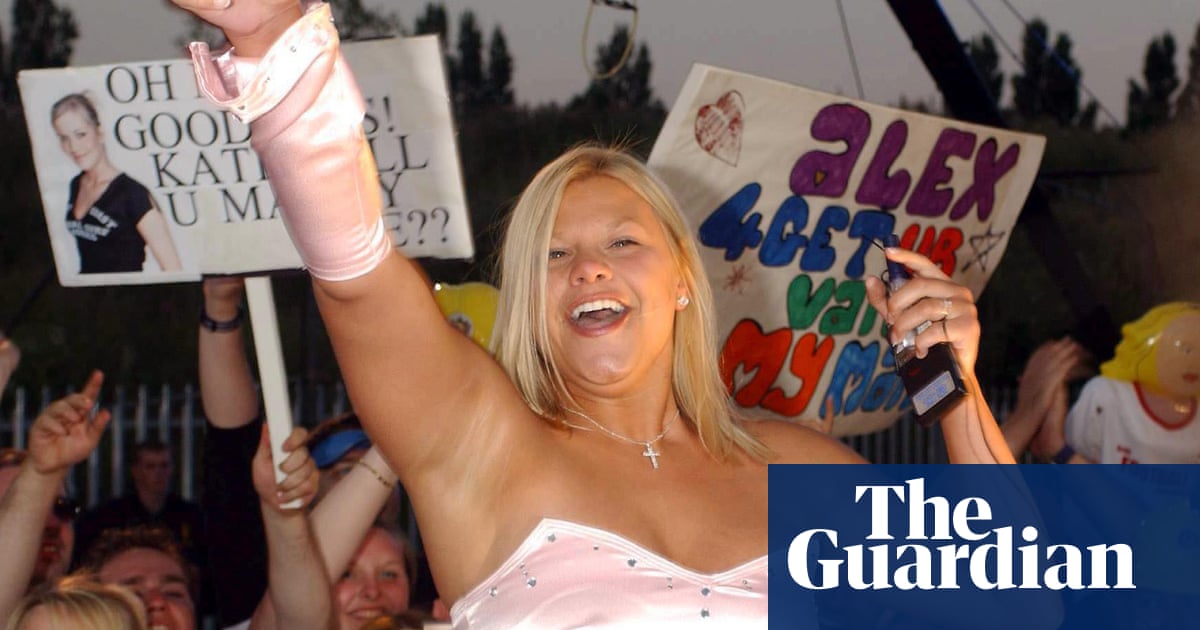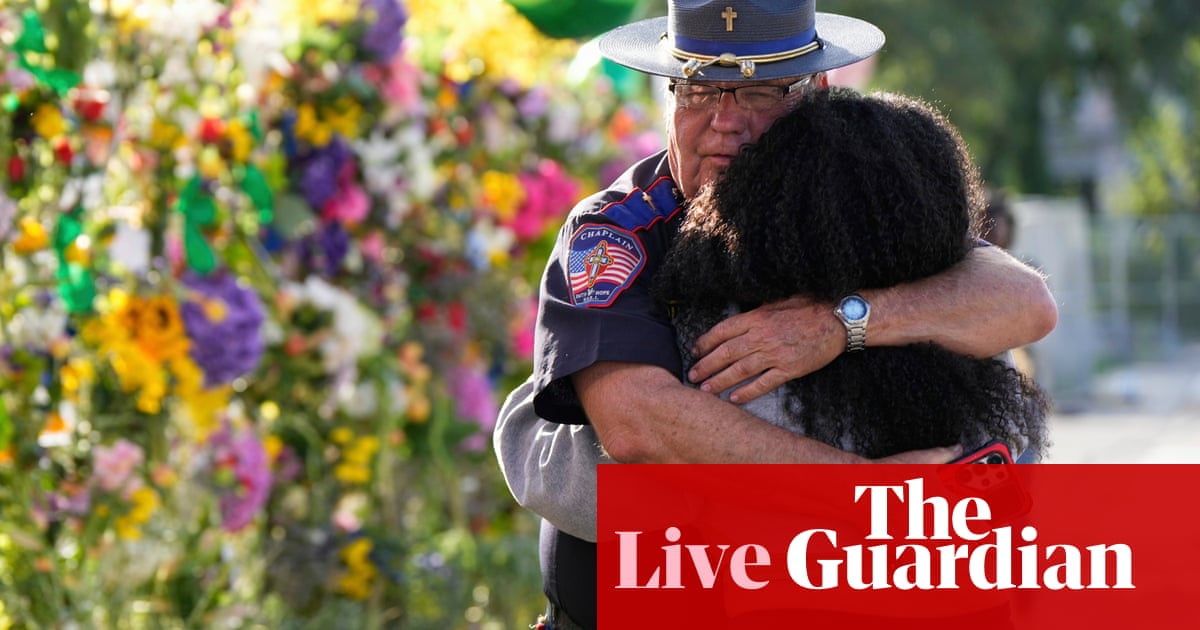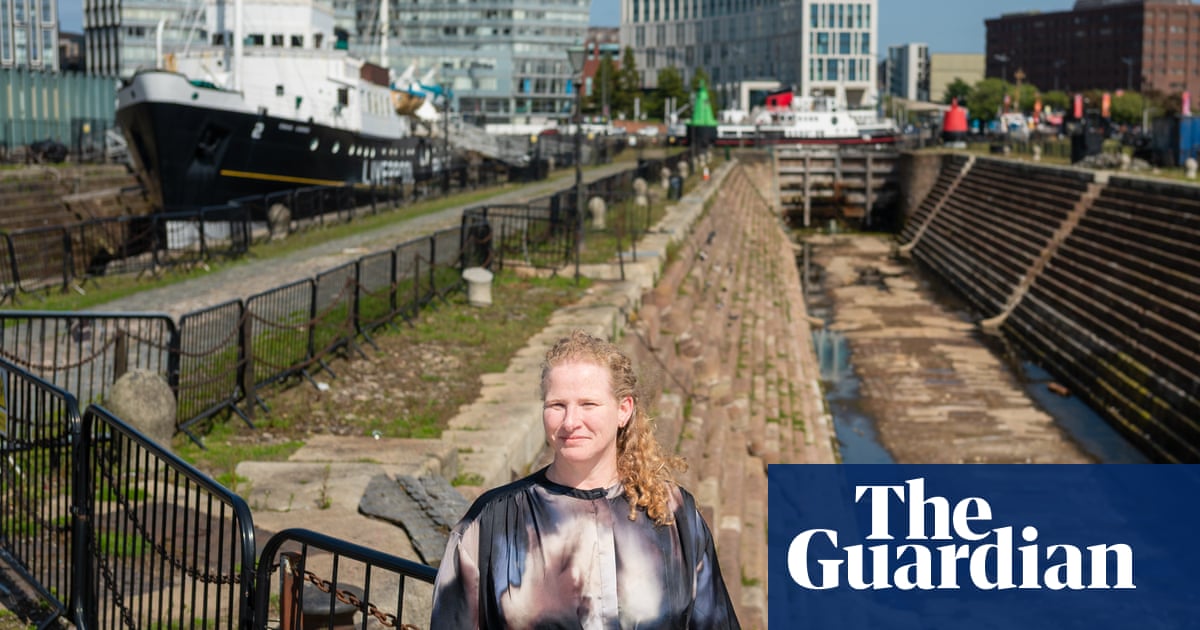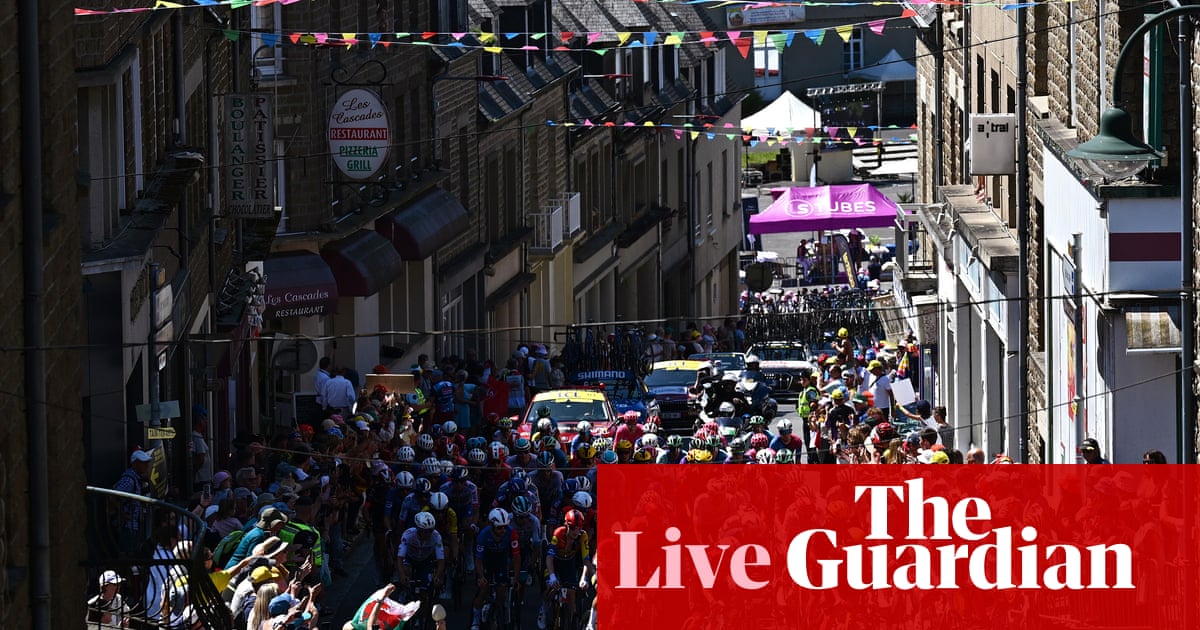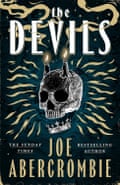
The Devils by Joe Abercrombie (Gollancz, £25)
Bookish Brother Diaz is stunned to be made vicar of the Chapel of Holy Expediency, whose congregation – a necromancer, a vampire, a werewolf, and an elf – are tasked with escorting a claimant to the imperial throne to her coronation. This is Suicide Squad in a sideways medieval Europe, where instead of the son of god we have a daughter, instead of a cross, a wheel, and instead of Byzantium, Troy. The worldbuilding is one of the novel’s chief pleasures, combining the familiar – crusades, religious schisms and territorial disputes – with strange and alien elements, such as the lost empire of Carthage, which built most of the world’s major cities before succumbing to its own dark magic. Against this backdrop, the sardonic crew of the Chapel make their way through a series of elaborate, violent set-pieces, barely escaping with their lives while causing mass death and property damage, and quipping relentlessly. This is enjoyable, particularly as we get to know characters such as Vigga, a happy-go-lucky Viking werewolf, and Sunny, a supposedly soulless elf who is the novel’s most ethical character. Eventually, however, it becomes repetitive, and the book’s sequel-bait ending is not entirely enticing.
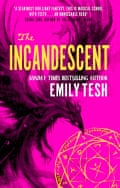
The Incandescent by Emily Tesh (Orbit, £20)
Turning the magical school story genre on its head, Tesh’s follow-up to the Hugo-winning Some Desperate Glory focuses not on precocious teenagers but on their teacher. Saffy Walden is director of magic at the prestigious Chetswood boarding school. When her A-level invocation class accidentally call up a demon much more dangerous than they can handle, Saffy must rise to the school’s defence, while also juggling budget meetings, difficult colleagues and a board who want to blame the whole mess on a talented scholarship student. Tesh is doing a lot of things with this novel. It is first and foremost a love letter to teachers, repeatedly making the point that their work is not only hard, but multifaceted and creative; but it is also a meditation on the pleasures of growing up – past the age where, most school stories tell us, all of life’s adventures happen, but which the novel insists is where the joyful work of becoming yourself can actually begin. And it’s a sharp indictment of the fact that a truly top-notch education remains accessible only to a privileged few. The result is a clever twist on a familiar fantasy story, starring a winning, flawed, undeniably grown-up heroine.
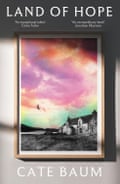
Land of Hope by Cate Baum (Indigo Press, £12.99)
Fleeing arrest and infamy as the wife of a notorious serial killer, Hope reinvents herself as a hermit living on the outskirts of a remote village on the north English moors. When a mysterious sound causes the deaths of the other villagers, Hope finds herself caring for the sole survivor, a young boy. Setting out across a landscape that soon proves eerily lifeless, Hope tells herself that she is delivering the boy to his relatives, while plotting to reunite with her incarcerated husband, whom she fears and longs for in equal measure. Told in a propulsive, invented vernacular that ranges across valleys and crags, abandoned abbeys and ancient standing stones, Land of Hope combines folklore and history with the bizarre effects of a disaster whose full scope is never revealed, and Hope’s sometimes defiant, sometimes guilt-stricken memories of the monstrous acts she witnessed – and perhaps participated in. This muscular, disquieting twist on survival stories such as The Road asks whether the end of the world is a chance for a new beginning, or whether some acts stain the soul too deeply ever to be left behind.
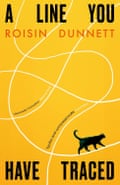
A Line You Have Traced by Roisin Dunnett (Magpie, £16.99)
Three women – Jewish Bea, in the pre-second world war East End; Kay, her great-granddaughter, and Ess, a member of a commune in a climate-ravaged future – are united by time travel, mysterious visitations, and the thorny question of childbearing. Struggling with infertility and with her husband’s too-close friendship to an insinuating would-be revolutionary, Bea takes comfort in sightings of beings she has dubbed angels. Purposeless Kay fantasises that people around her are time travellers for whom she is a vitally important figure. Against their lack of political awareness – Bea stumbles unawares into the Battle of Cable Street, Kay struggles to hold the attention of science fiction author-turned-activist O - stands Ess’s deep devotion to the principles laid out by O in her manifesto, including the necessity of commune members sterilising themselves as humanity’s time has ended. Yet it is Ess who is recruited to travel back in time to meet O, inadvertently contacting Bea and Kay. The slightly unreal tone does not undercut the characters’ despair at the state of the world, and the juxtaposition of their timelines is a reminder that even in the darkest times, there is always a next chapter.

 2 months ago
36
2 months ago
36
